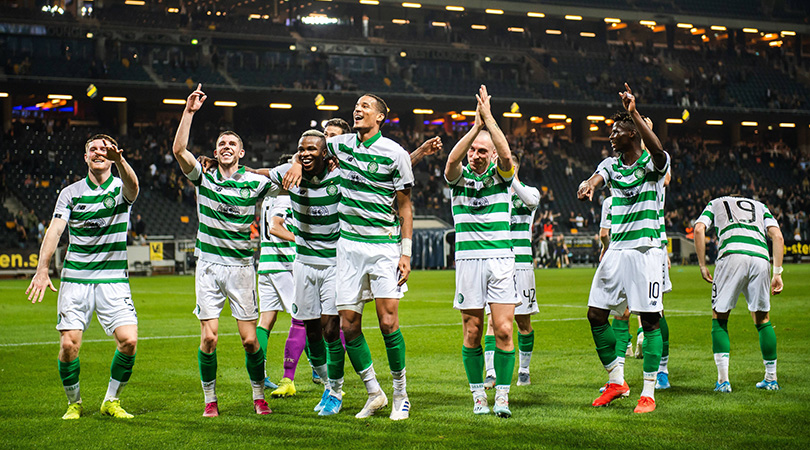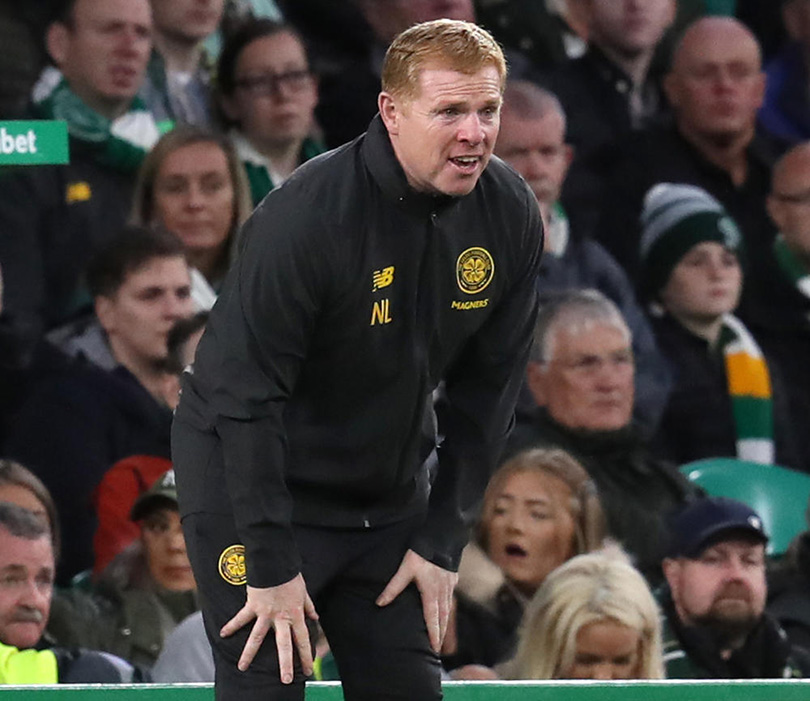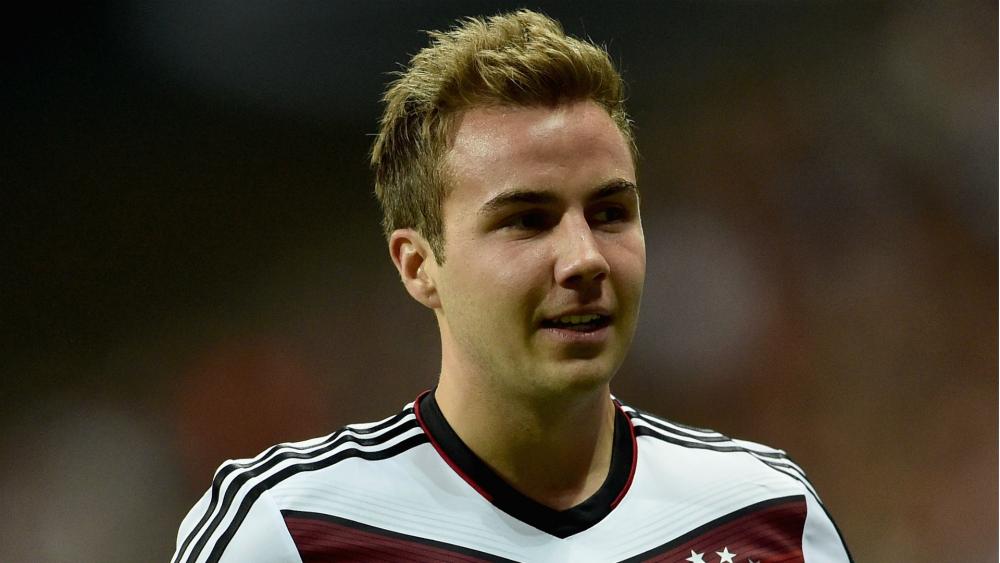Why Celtic’s European consistency deserves much more credit
Failure to qualify for the Champions League was ridiculed, but the Bhoys' record in Europe overall is surprisingly excellent. Look at the numbers, though, and that shouldn't necessarily be the case

Celtic are an historic, huge club accustomed to domestic success every year; one of the elite, select few from a smaller nation to win the European Cup. Yet along with that huge prestige, they are also in the contradictory position of playing in a league that simply can’t compete financially with European football’s top tier.
The latter point is too often overlooked in favour of the former when assessing their continental exploits these days, and does a disservice to the enviable consistency that the Scots have developed in UEFA competitions. Isn’t it time they were given the credit they deserve?
When Neil Lennon’s side crashed out of Champions League qualifying against Cluj, it was treated as a disaster. At the same time, progressing to the Europa League ahead of AIK was considered a given by some before a ball had been kicked. There is an entitled line of thought that Celtic should be in the Champions League proper every year, that the Europa League is somehow beneath them, and qualifying for it a walk in the park.
RECOMMENDED In their own words: How Celtic's Lisbon Lions shocked 'unbeatable' Inter in 1967
But those assessments ignore the harsh reality of Celtic’s place among European football’s financial hierarchy. Leagues from nations with similar populations have caught up in their revenue streams, and player sales are a necessary evil to gain an edge.
A comparative look at TV revenue provides some useful perspective. This year’s deal in Scotland will see around £32m shared between top-flight clubs – a significant improvement on previous years, but nothing to get excited about when put in context. The Eredivisie’s pot of around £67m means there's little point in comparing performances with the Dutch, and the Scottish deal even looks surprisingly poor compared to the likes of Norway (£36m) and Denmark (£41m). It’s also significantly less than the £46m that Sweden’s Allsvenskan will fork out annually when the new deal with American broadcasting giants Discovery kicks in this January.
With income from TV not only significantly below the top or second tier European leagues, it’s even slightly lower than other comparable smaller countries. Hardly a surprise, then, that Celtic have chosen to sell around £102m worth of players in the last five years.
Get FourFourTwo Newsletter
The best features, fun and footballing quizzes, straight to your inbox every week.
It’s understandable that fans might look at the fees raised and expect marquee signings to get excited about, but that’s not really the way to go. Instead, smart investment in young talent and savvy purchases of overlooked, more experienced players have helped Celtic make sure they’re always playing European football. The club’s strategy evidently isn’t as bad as some fan forums would have you believe.
The AIK Europa League tie provided useful evidence of that. Technically, the difference between the two teams is negligible, and the Swedes have plenty of quality: Henok Goitom is a La Liga veteran, Seb Larsson seasoned from the Premier League, and Nabil Bahoui boasting Bundesliga experience. Yet in terms of game management, the gulf was huge.
The first leg couldn’t have gone any better for the Scots: a clean sheet and two goals. In the second, their plan was executed just as perfectly: soak up the inevitable early pressure that AIK would apply while egged on by their fans, defend with generosity and consistency, then wait for the space to open up and hit them on the break.

Lennon’s delight at his team’s perfect display was clear, and in keeping with Celtic’s record at this stage. Both sides went into the game knowing that the first goal in Stockholm would have a huge impact on how the tie played out, but Celtic were the best equipped to make sure things went their way. That’s a credit to their coach, but also the winning mentality in Europe that Celtic have fostered and used so effectively to get them through these qualifiers. Ties like these are so often problematic, against clubs like AIK who dream of replicating Celtic.
AIK coach Rikard Norling’s complaint that his team had “failed to step up another level” by matching Celtic on the European stage was telling, and the same can be said about most clubs with similar resources. The last time Norwegian giants Rosenborg missed out on both the Champions League and Europa League by falling in qualifying was only three years ago. Sweden’s richest club Malmo were celebrating like they won a trophy this week after ensuring their fifth appearance in European competition since 2011.
But that’s nothing compared to Celtic’s unbroken run of nine seasons. In total, the Scottish champions have featured in Europe for 16 of the last 17 seasons, which is a remarkable achievement. Of the leagues mentioned above, only Denmark’s Copenhagen (13 European appearances in the last 14 campaigns) come close to comparison with the Glasgow club, who continue to deliver with enviable consistency despite finances suggesting that shouldn’t be the case.
It’s a feat worth giving due recognition.
While you're here, why not take advantage of our brilliant subscribers' offer? Get 5 issues of the world's greatest football magazine for £5 – the game's greatest stories and finest journalism direct to your door for less than a pint in London. Cheers!
NOW READ
EXPLAINED How realistic is a salary cap for clubs in the Football League? We asked an expert…
FEATURE What the hell happened to Alexis Sanchez? How the fireball footballer extinguished over time
WATCH Premier League live stream 2019/20: how to watch every game from anywhere in the world
